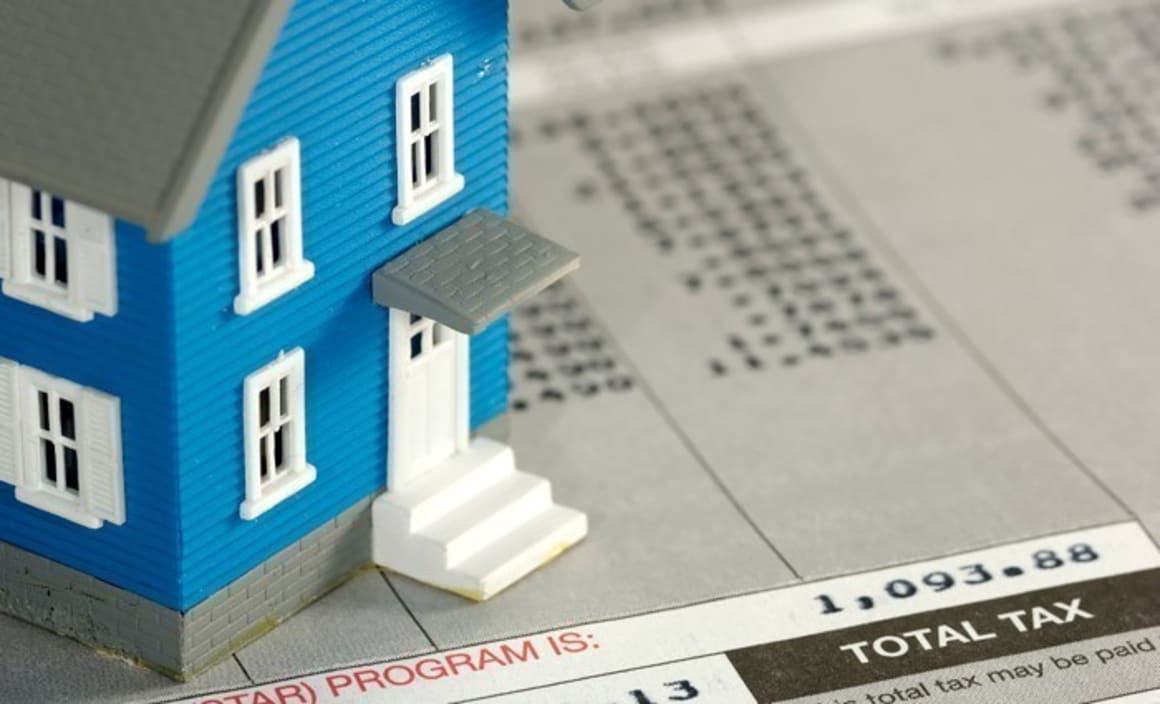Majority of investors to pull out of property if negative gearing removed

A majority of property investors would abandon property as an investment strategy if Labor’s negative gearing changes were brought in, according to the results of a survey across Queensland.
The survey of REIQ membership and its landlord clients found that 79 per cent of property investors would get out of property in such a scenario, said a media release.
REIQ Chairman Rob Honeycombe said the findings confirmed that changes to negative gearing would be disastrous for the Queensland property market.
“We now know for a fact that 79 per cent of respondents will get out of property and find an alternative investment strategy that works more effectively and yields a better return,” he said.
“That will have a crippling effect on house values and on the rental market, where the private rental market plays such a critical role in keeping rents affordable.”
In a survey sent to more than 14,000 REIQ members and their investor clients, 38 per cent of respondents said a different asset class would be a more likely investment option if negative gearing benefits were removed from property.
Almost 25 per cent said they were unlikely to move to shares.
“Mum and dad investors trust property as their investment strategy and that’s where they want to build their wealth. They believe it’s as safe as houses,” Honeycombe said.
“We know from this survey that removing negative gearing would smash rental affordability as investors, who provide rental accommodation for about a third of Queenslanders, sold their assets and adopted a new investment strategy.”
The Grattan Institute’s report suggested that two per cent of value would be wiped off housing values if negative gearing was curbed.
Honeycombe said that would represent around $130 billion in value, deleted instantly (based on CoreLogic estimates that residential real estate in Australia is valued at about $6 trillion). The impact of this on the broader economy would be far-reaching.
“The state government would lose a significant amount of revenue from stamp duty if people’s house values fell by two per cent, and the Grattan Institute is being very conservative with its estimate of two per cent.
“How does the state government feel about this massive loss to revenue? ABS data released yesterday reveals that revenue from property taxes at a local and state level have increased 70 per cent over the past nine years – representing an increase of $1.6 billion in council rates and $1 billion in stamp duty over the past nine years. "
Negative gearing would hit tax revenue and add to the strain on local council and state government budgets, with regional Queensland the biggest sufferer, the release said.
In addition, the government would also lose out on a range of taxes paid by associated service providers, such as the GST paid by the financial advisor, the accountant, and the real estate agent who facilitated the transactions.
“It’s a complicated web of interconnected policies and it’s virtually impossible to tweak just one without affecting everything,” said Honeycombe.
“Negative gearing plays an important role in the Queensland property market and any changes to it will be detrimental.”